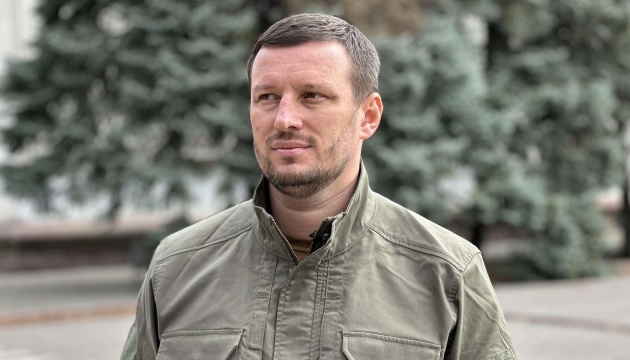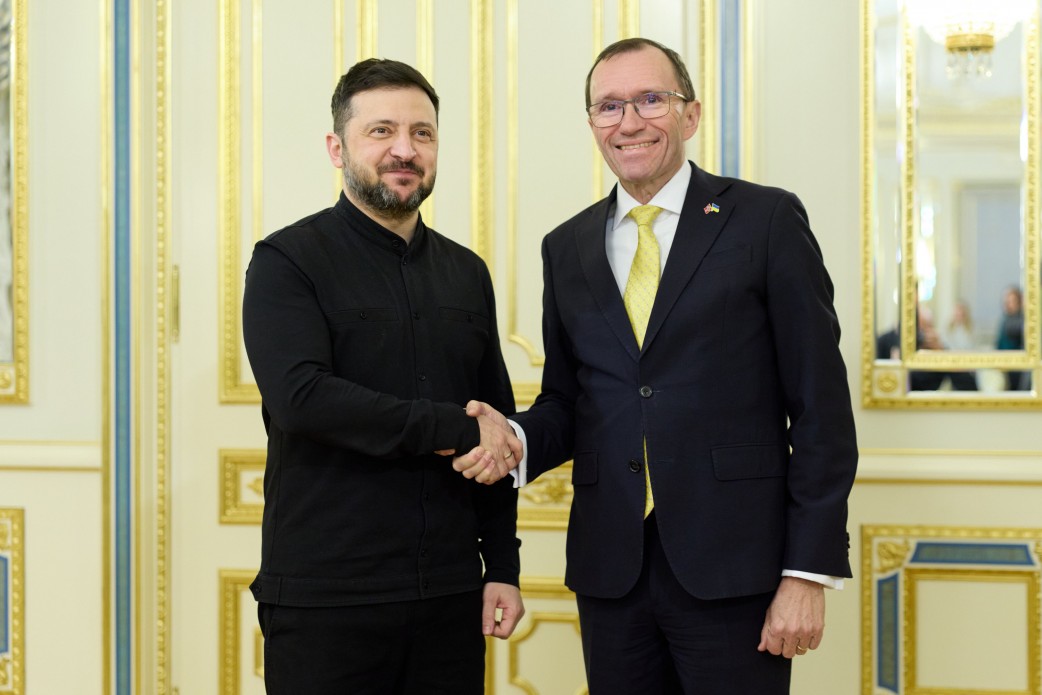On November 4, 2025, Deputy Prosecutor General Andriy Leshchenko held a meeting with representatives of the Independent International Commission of the United Nations on Ukraine, led by Erik Mose.
During the meeting, the parties discussed the documentation and investigation of war crimes and crimes against humanity committed by the aggressor state, as well as further coordination and information sharing between Ukrainian and international institutions.
The Ukrainian side informed the Commission about the key results of the prosecutors’ work. Since the beginning of the full-scale invasion, over 190,000 war crimes committed by representatives of the aggressor state have been registered. 1,029 Russian military personnel have been notified of suspicion, 747 indictments have been submitted to court, and 206 individuals have already been convicted.
Andriy Leshchenko emphasized that the scale and systematic nature of Russia’s crimes allow them to be classified as part of a deliberate genocidal policy against the Ukrainian people. “What we are seeing is a planned state policy aimed at destroying the Ukrainian nation. That is why our investigations focus not only on the perpetrators, but primarily on the political and military leadership of the aggressor state,” the Deputy Prosecutor General stressed.
Yuriy Rud, Head of the Department for Countering Crimes Committed in the Context of Armed Conflict, reported on the current dynamics of investigations and the increasing number of attacks on civilians. “In just the first nine months of this year, over 5,100 drone attacks against civilians were recorded — twice as many as in the entire 2024. Such actions bear the hallmarks of crimes against humanity,” he noted.
The participants also discussed the recent report by the Independent International Commission of the UN on events in Ukraine, which highlights numerous instances of force used against civilians in occupied and frontline areas, including systematic drone attacks on civilian targets in Ukraine and the deportation of populations from temporarily occupied territories.
Both sides stressed the importance of continued cooperation and data sharing to ensure the complete and objective documentation of war crimes.



















